Japan has asked China to remove buoys near the Senkaku/Diaoyu Islands, which Tokyo claims as its exclusive economic zone.
Japanese Foreign Ministry officials said today they had sent a protest letter to China after the Japanese coast guard in July discovered the buoy in waters near a group of islands that Tokyo calls Senkaku and Beijing calls Diaoyu in the East China Sea.
"We have requested the buoy be removed immediately because this action violates international law," said a Japanese official, saying the waters were within Japan's exclusive economic zone (EEZ).
Japanese Chief Cabinet Secretary Hirokazu Matsuno also said at a press conference on September 19 that China's actions were inconsistent with the 1982 United Nations Convention on the Law of the Sea (UNCLOS), to which both Japan and China are parties.
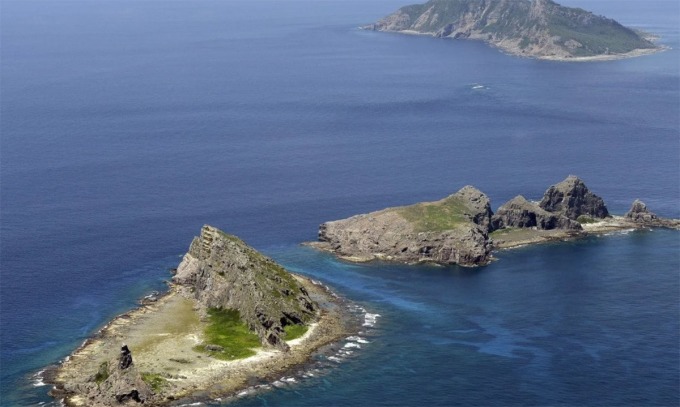
The Senkaku/Diaoyu Islands are controlled by Japan and claimed by China. Photo: Kyodo
According to Japan's Foreign Ministry, the yellow buoy was discovered in waters about 80 km northwest of Uotsuri, the largest island in the Senkaku/Diaoyu island group, with bright lights and Chinese characters, indicating its purpose was marine research.
The Japan Coast Guard has issued a maritime warning since July 15 to ensure the safety of vessels traveling in nearby waters.
China has not yet responded to information from Japan.
The Senkaku/Diaoyu Islands are a group of uninhabited islands located about 1,900 km from Tokyo and 600 km from Shanghai, and are controlled by Japan. Tensions between Japan and China over the sovereignty of the islands have been going on for years. Anti-Japanese protests broke out in China after Tokyo nationalized the islands in 2012.
Relations between China and Japan have become increasingly strained since Tokyo began releasing treated radioactive wastewater from the Fukushima nuclear plant into the ocean on August 24. Beijing responded by banning all seafood imports from Japan.
Food exports from Japan to China fell 41.2 percent in August to 14 billion yen ($95 million), according to data released by Japan's Ministry of Finance on September 20.
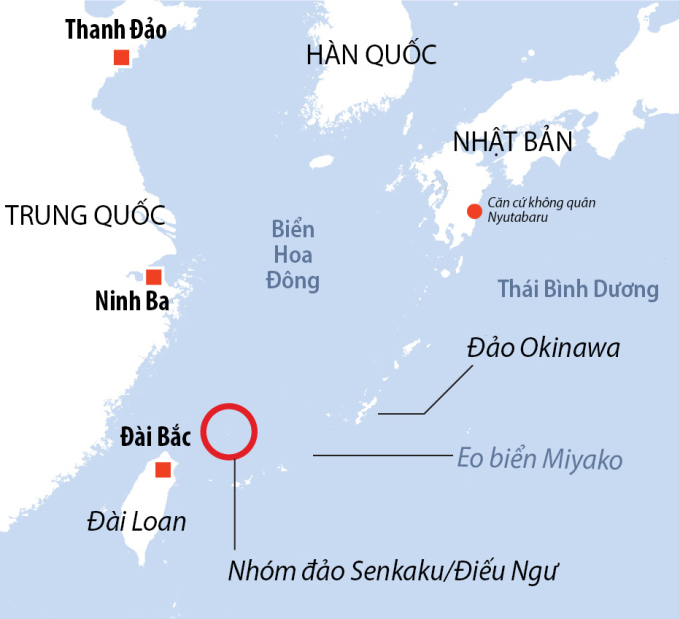
Location of the disputed Senkaku/Diaoyu islands. Graphic: AFP
Huyen Le (According to AFP, Kyodo News )
Source link



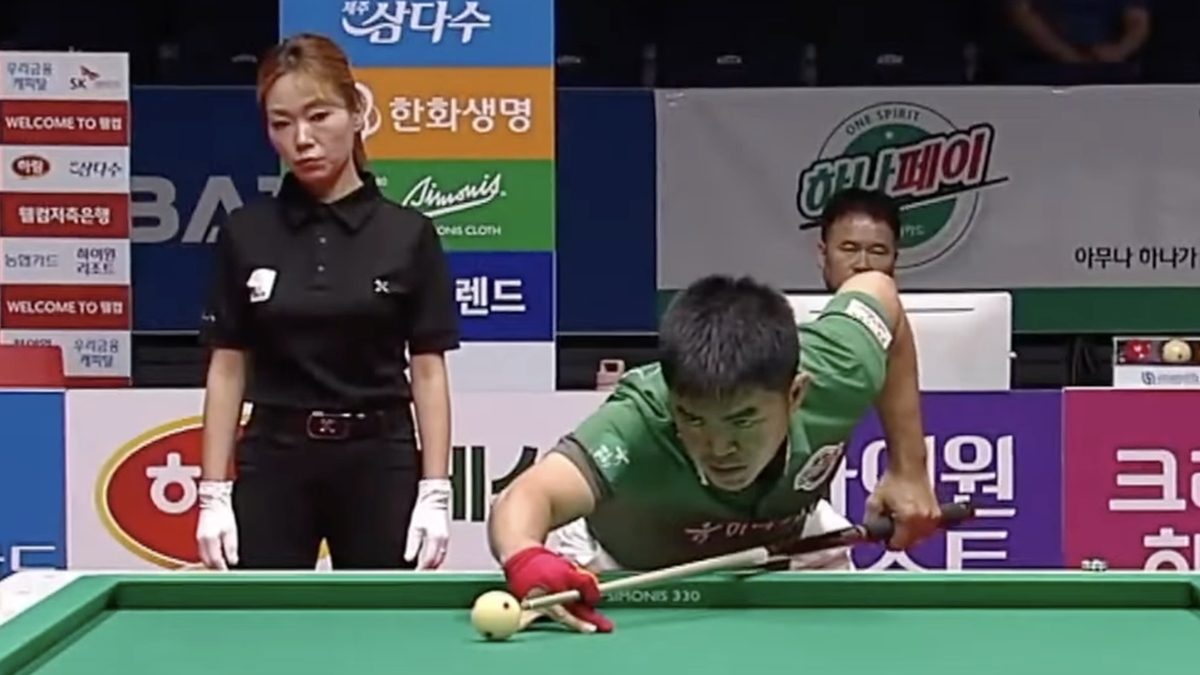
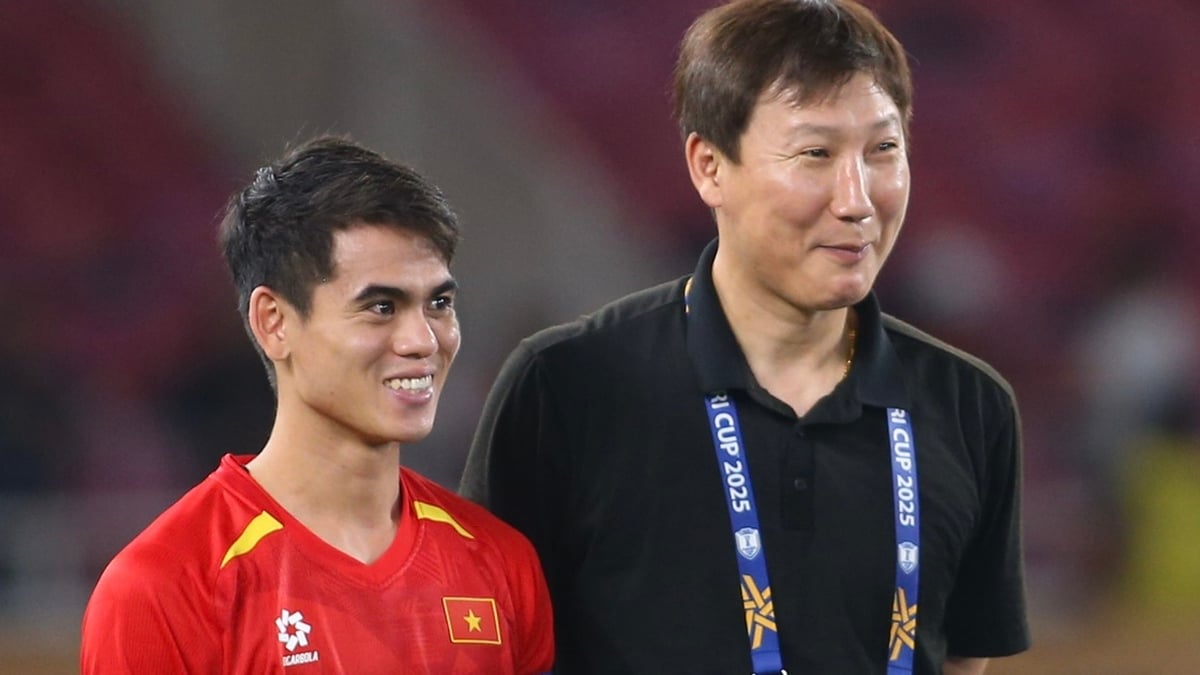
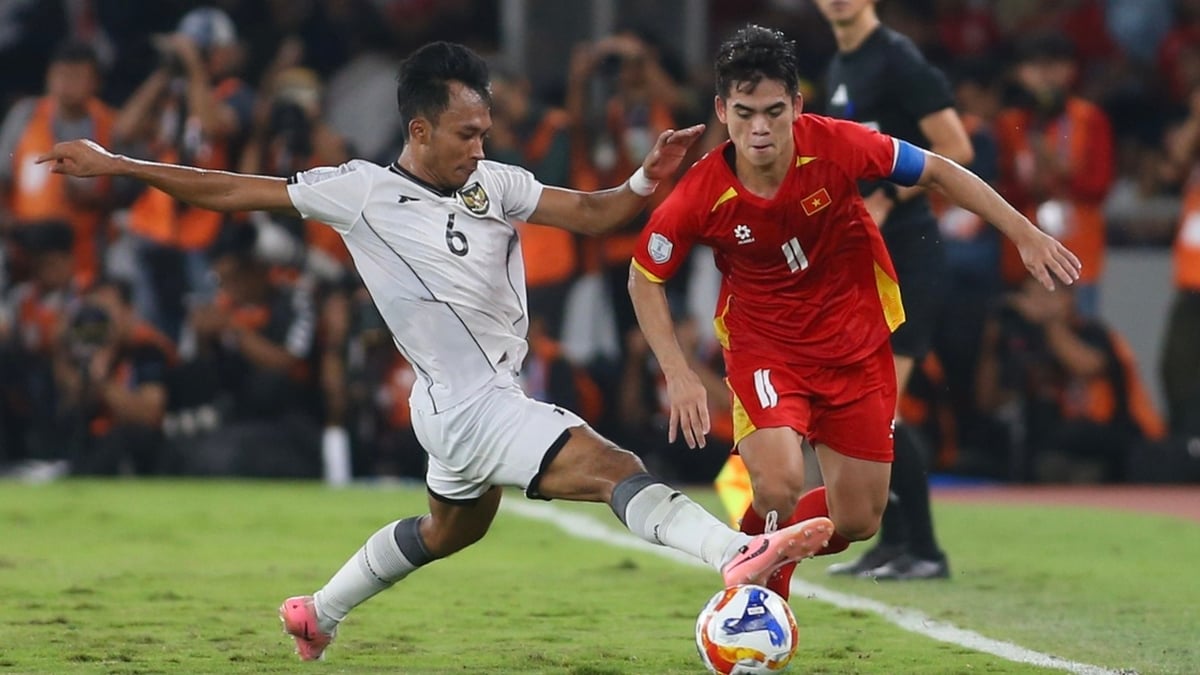
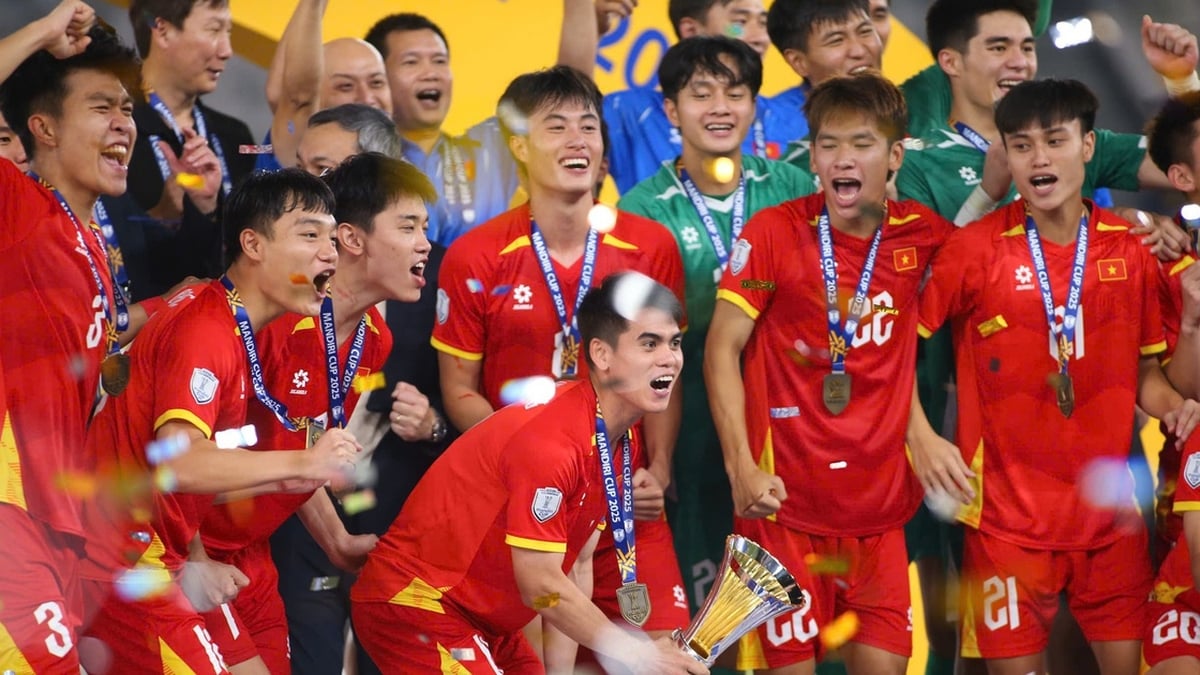


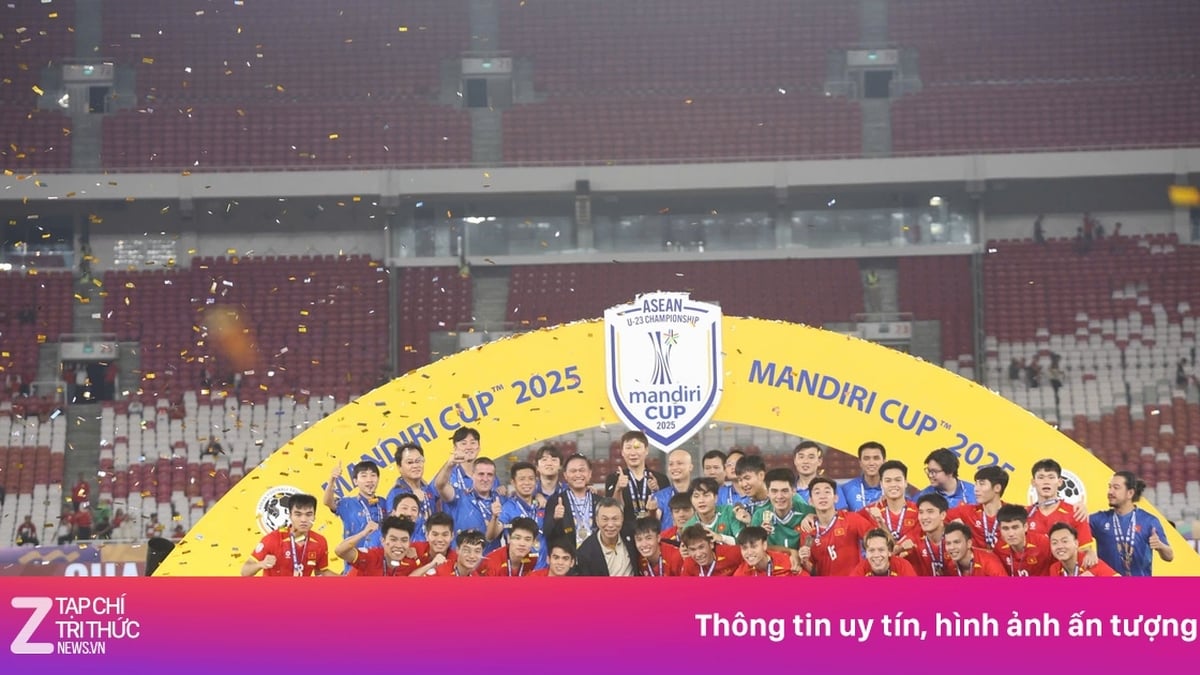

















![[Photo] National Assembly Chairman attends the seminar "Building and operating an international financial center and recommendations for Vietnam"](https://vphoto.vietnam.vn/thumb/1200x675/vietnam/resource/IMAGE/2025/7/28/76393436936e457db31ec84433289f72)


































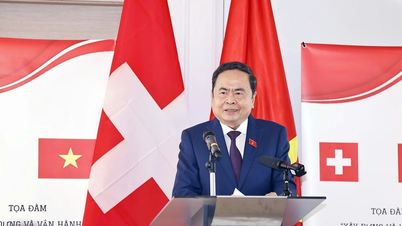


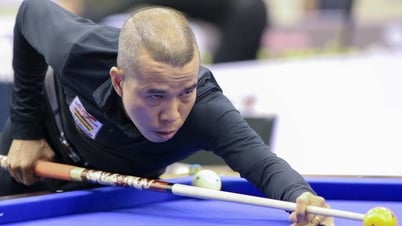
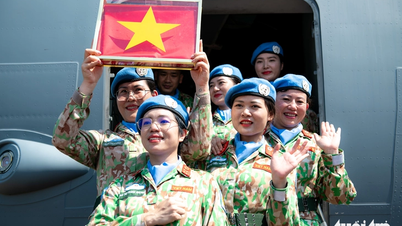


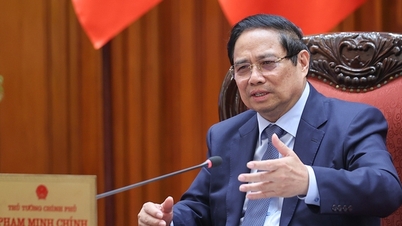
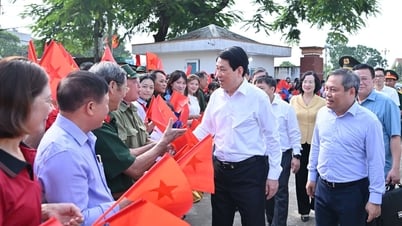

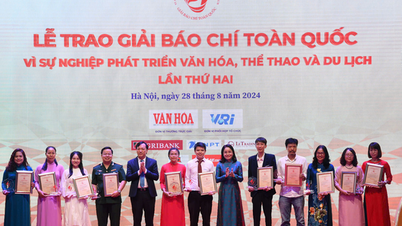























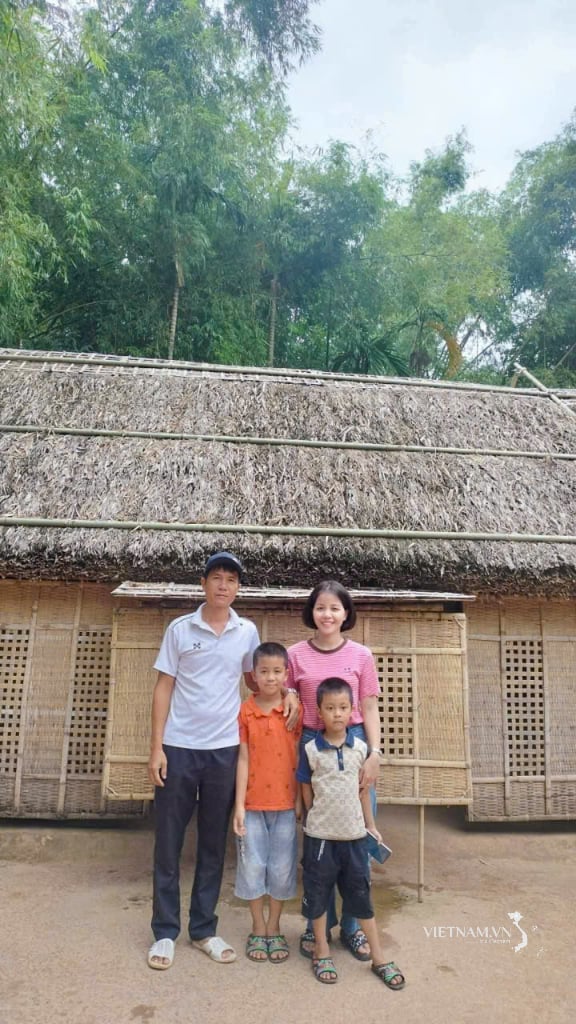
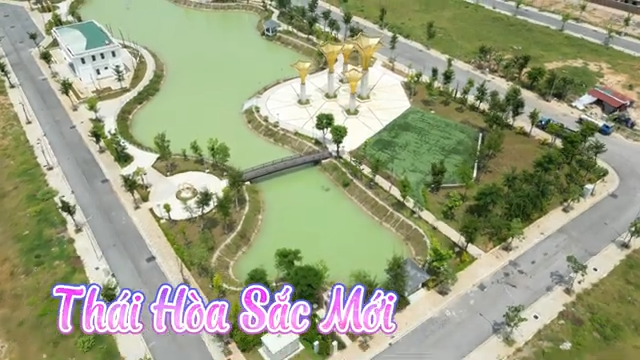

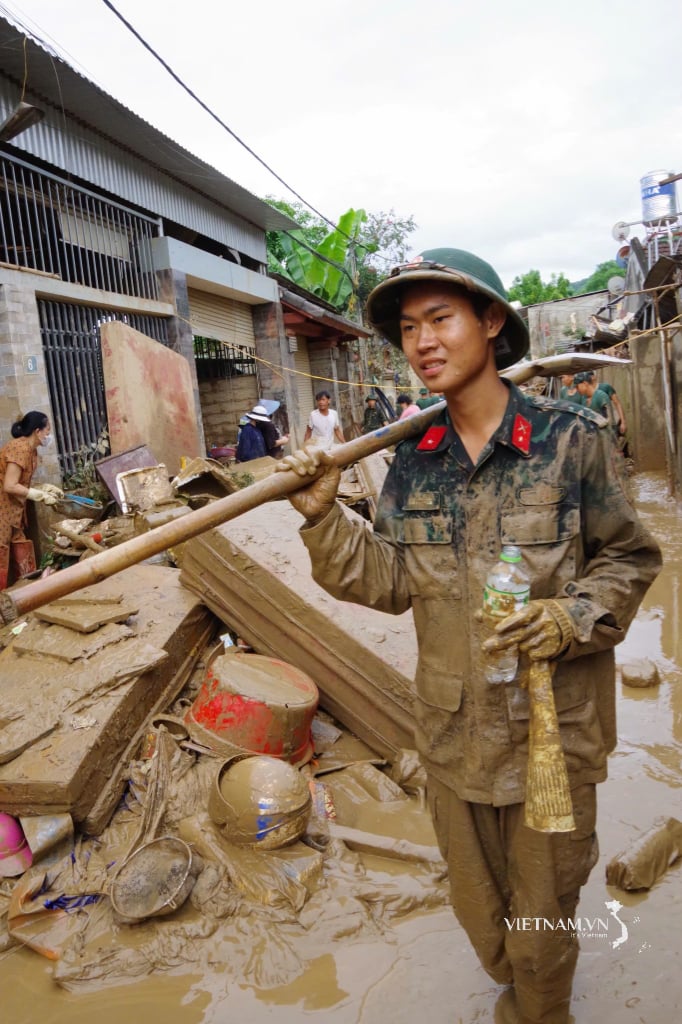
Comment (0)